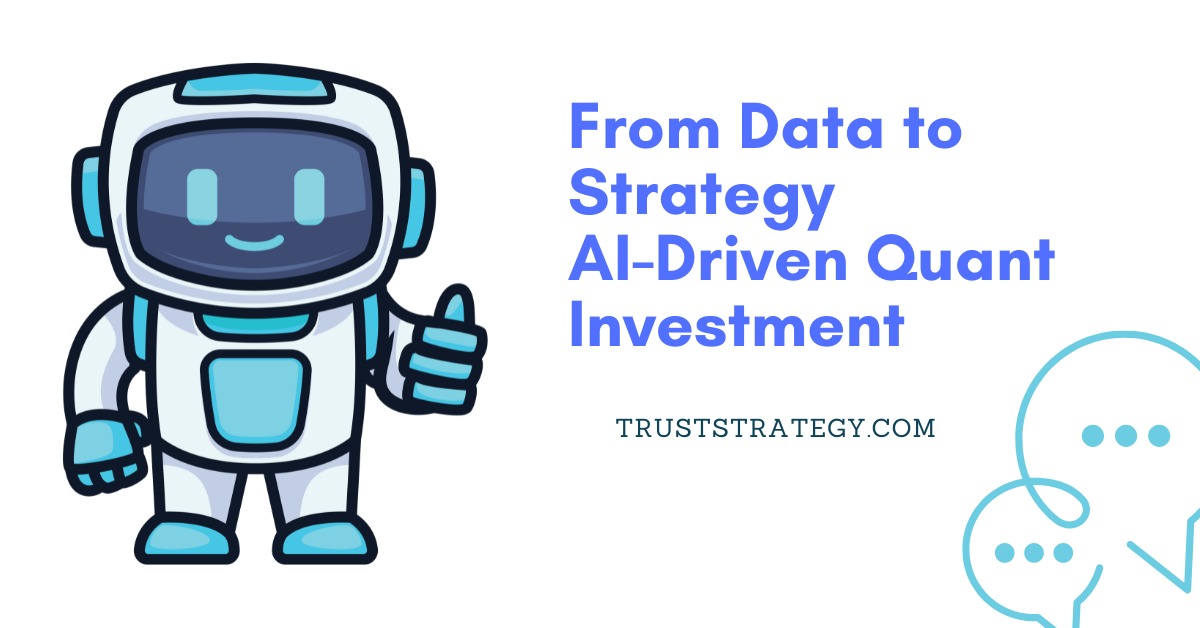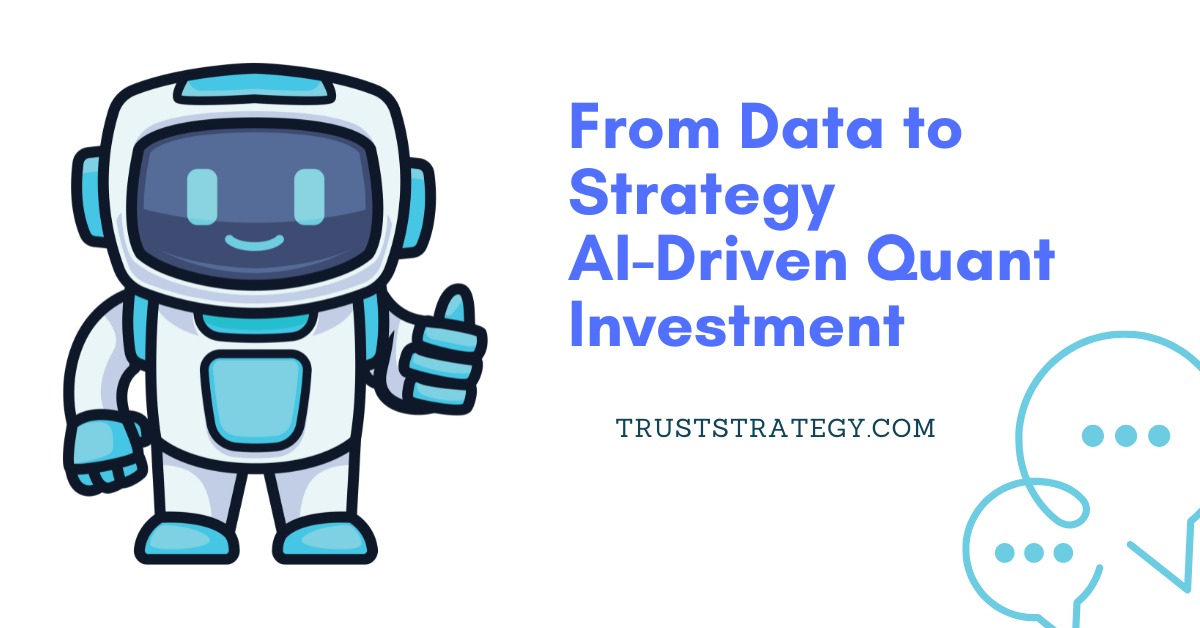
Two leading staking platforms, HashStaking and GeekStake, are introducing new features designed to make staking more flexible and integrated with decentralized finance (DeFi). The move brings liquid staking to a broader audience, enabling users to earn rewards while keeping their funds available for other on-chain opportunities.
New Capabilities
According to the announcement, both platforms are now offering liquid versions of staked tokens, similar to popular assets like stETH in Ethereum’s ecosystem. These liquid tokens allow users to retain full liquidity of their holdings while continuing to generate staking rewards, creating more efficient capital use compared to traditional staking.
The global liquid staking market has already exceeded $45 billion, driven by similar innovations across various blockchains. By integrating liquid staking into their platforms, HashStaking and GeekStake aim to give users a way to combine yield generation with active participation in DeFi protocols.
How It Works
When users stake through HashStaking or GeekStake, their tokens are locked on the underlying blockchain to support network security. In return, they receive a liquid, tradeable version of their staked tokens. These tokens can be used in DeFi applications—such as lending, liquidity provision, and yield farming—while still earning staking rewards in the background.
Holders keep the majority of staking rewards, while a small percentage is allocated to platform-managed reward pools. Governance systems on both platforms allow token holders to vote on reward distribution, staking parameters, and future platform upgrades.
DeFi Expansion Goals
A representative from the development team explained that these upgrades allow stakers to maximize their returns without sacrificing flexibility:
“By offering liquid staking, HashStaking and GeekStake are not only giving users access to better capital efficiency, but also opening the door to more active DeFi participation. This is about making staking smarter, not just bigger.”
The integration also includes price oracles compatible with major providers like Chainlink, ensuring accurate and real-time token valuations for DeFi activities.





